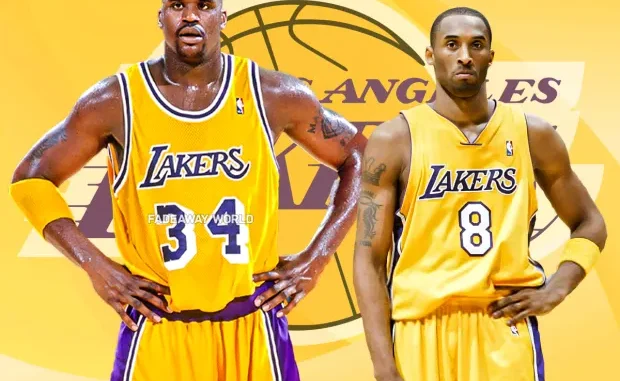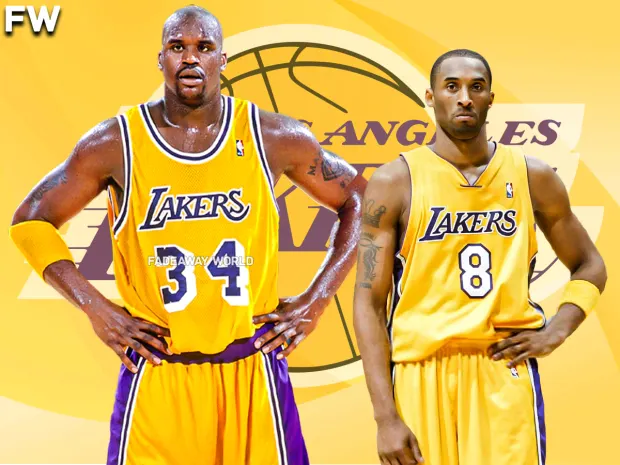
When Shaquille O’Neal and Kobe Bryant were teammates on the Los Angeles Lakers, their relationship was famously tumultuous yet undeniably successful. The dynamic between the two superstars reached its peak during the early 2000s when they led the Lakers to three consecutive NBA championships from 2000 to 2002. Shaq, known for his dominant presence in the paint and larger-than-life personality, often clashed with Kobe, who was emerging as a fiercely competitive shooting guard and developing into the player known as the ‘Black Mamba’.
In his remarks about their relationship, Shaquille O’Neal has candidly acknowledged the constant arguments he had with Kobe Bryant during their time together. These arguments were not just isolated incidents but rather a daily occurrence, reflecting the intense competitive spirit that drove both players to excel on the court. Shaq, with his jovial demeanor and knack for humor, clashed with Kobe’s relentless drive for perfection and his unyielding determination to be the best.

The ‘Black Mamba’ persona, which Kobe adopted as a representation of his on-court alter ego, symbolized his transformation into a cold-blooded competitor who thrived under pressure. This evolution didn’t come without friction, as Shaq and Kobe’s differing personalities and leadership styles often clashed. Their arguments were widely reported in the media, yet they also fueled their competitive fire and pushed each other to elevate their games to new heights.
Despite their conflicts, Shaq and Kobe found common ground on the basketball court, where their complementary skills and shared goal of winning championships brought them unparalleled success. Their ability to put aside personal differences in pursuit of team success ultimately defined their legacy as one of the most dominant duos in NBA history.
In retrospect, Shaquille O’Neal’s acknowledgment of the daily arguments with Kobe Bryant underscores the complexity of their relationship and the intense competitive environment that defined their era with the Lakers. It serves as a reminder that even among the greatest athletes, achieving greatness often requires navigating and channeling the inevitable conflicts and tensions that arise in pursuit of excellence.
Leave a Reply